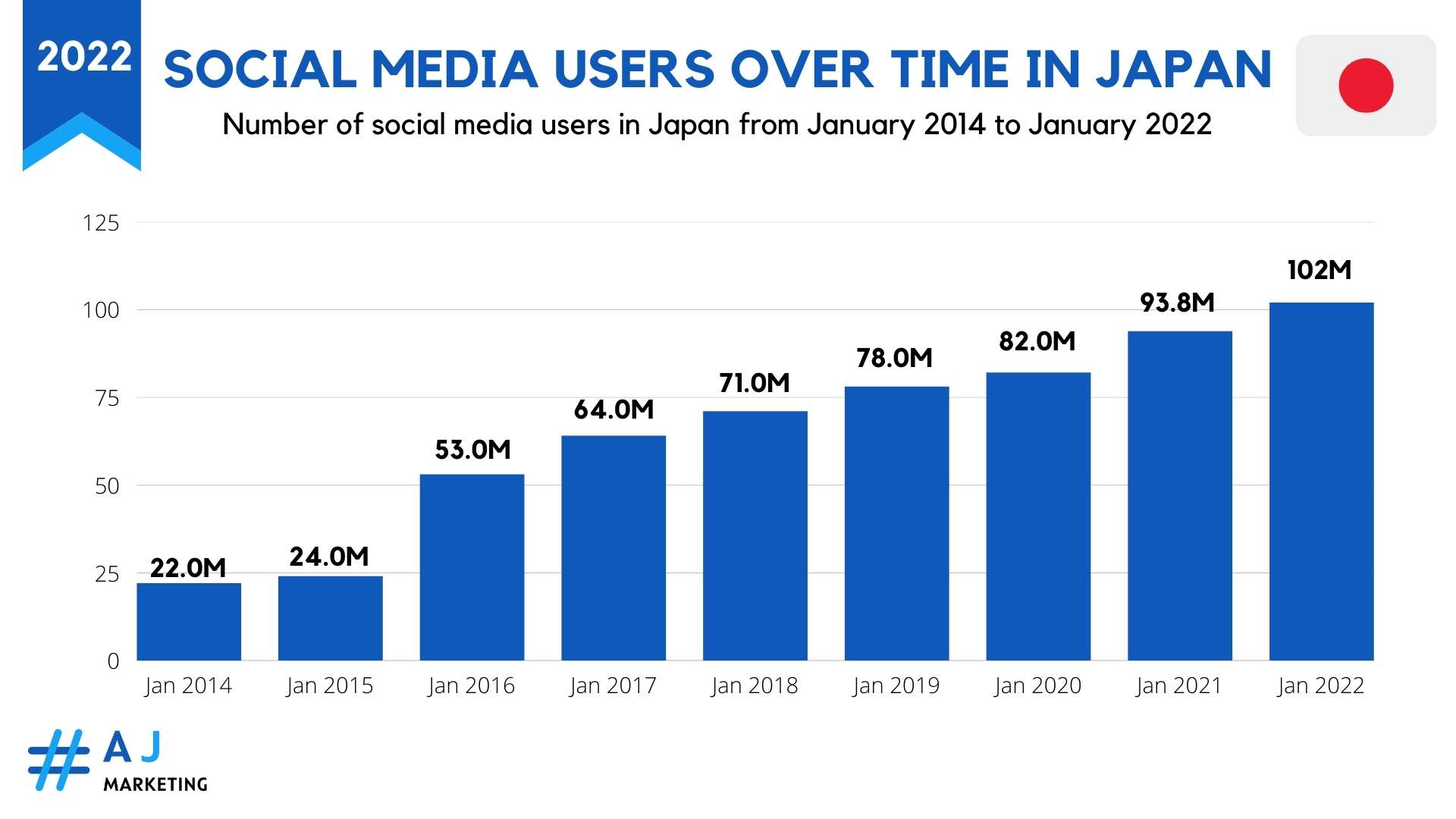[ad_1]
Taiwan plans to lift an import ban, likely in late February, on food products from Fukushima and several other Japanese prefectures, imposed in the wake of the 2011 Fukushima nuclear disaster, the government said Tuesday.
The move comes as the government of President Tsai Ing-wen is trying to secure a further push from Tokyo for Taipei’s bid to join the Trans-Pacific Partnership free trade agreement, which mainland China is also seeking to be part of.

Officials of Taiwan’s Executive Yuan hold a press conference in Taipei on Feb. 8, 2022. (Photo courtesy of the Executive Yuan)(Kyodo)
In a Facebook post, Tsai sought public understanding, stressing the need to further integrate Taiwan in the international economic and trading system, such as by joining the 11-member TPP, while ensuring food safety.
Cabinet spokesman Lo Ping-cheng told a news conference that the ban will be “reasonably adjusted” based on “scientific evidence,” adding its lifting is expected to come in late February. “We will apply stricter measures than global standards to ensure the safety of the imported food products.”
Japan, which has urged Taiwan to lift the ban and supported Taiwan’s TPP bid, welcomed the announcement, saying it marked a “large step” toward the removal of import restrictions and will push forward reconstruction efforts in disaster-affected areas.
“We will continue to tenaciously call for Taiwan to remove its remaining import restrictions soon on the basis of scientific evidence,” Chief Cabinet Secretary Hirokazu Matsuno told a news conference in Tokyo.
Japan’s farm ministry separately expressed readiness to ramp up efforts to expand exports to Japan’s fourth-largest food export destination.
Taiwan’s ban, introduced over radiation concerns, applies to all food products made or processed in Fukushima and four nearby prefectures in eastern Japan — Ibaraki, Tochigi, Gunma and Chiba — except for liquors.
The ban is expected to be lifted except for certain food items, such as mushrooms and wild animal meat. Imported items would have to carry origin labels and documents proving they have cleared radiation inspection.
Tsai was positive about relaxing the import ban when first elected as president in 2016. In a referendum in 2018, however, Taiwan voters supported maintaining the ban for another two years, and the government continued barring food imports from the prefectures.
Taipei’s latest move would likely put a spotlight on China, another economy with a wide-ranging ban on food from areas affected by the nuclear disaster. The trade pact Beijing seeks to join has a provision requiring member countries not to impose unfair restrictions on food imports.
In March 2011, a massive earthquake and tsunami triggered meltdowns at the Fukushima Daiichi nuclear power plant in the northeast. Following the disaster, 55 countries and regions introduced import curbs on Japanese food products, but most have already lifted the restrictions.
Besides Taiwan and China, Hong Kong and South Korea maintain some type of import ban on food from disaster-affected areas.
In September, Taiwan applied for membership of the TPP, formally known as the Comprehensive and Progressive Agreement for Trans-Pacific Partnership.
The entry application by Taiwan followed a similar bid by China, which considers the democratically governed island a renegade province to be reunified with the mainland by force if necessary.
The unanimous approval of all existing members is required to join the pact. Japan played a leading role in negotiations on the trade pact following the United States’ withdrawal in 2017.
The pact also involves countries such as Australia, Mexico and Singapore.

A fisherman lands fish at a port in Soma in Fukushima Prefecture on April 12, 2021. (Kyodo)
Related coverage:
Japan 2021 farm exports hit record high for 9th year amid pandemic
Japan to implement compensation rules for losses by Fukushima rumors
Japan sees no technical problem with Taiwan joining TPP

[ad_2]
Source link















